
On the way to a sustainable future
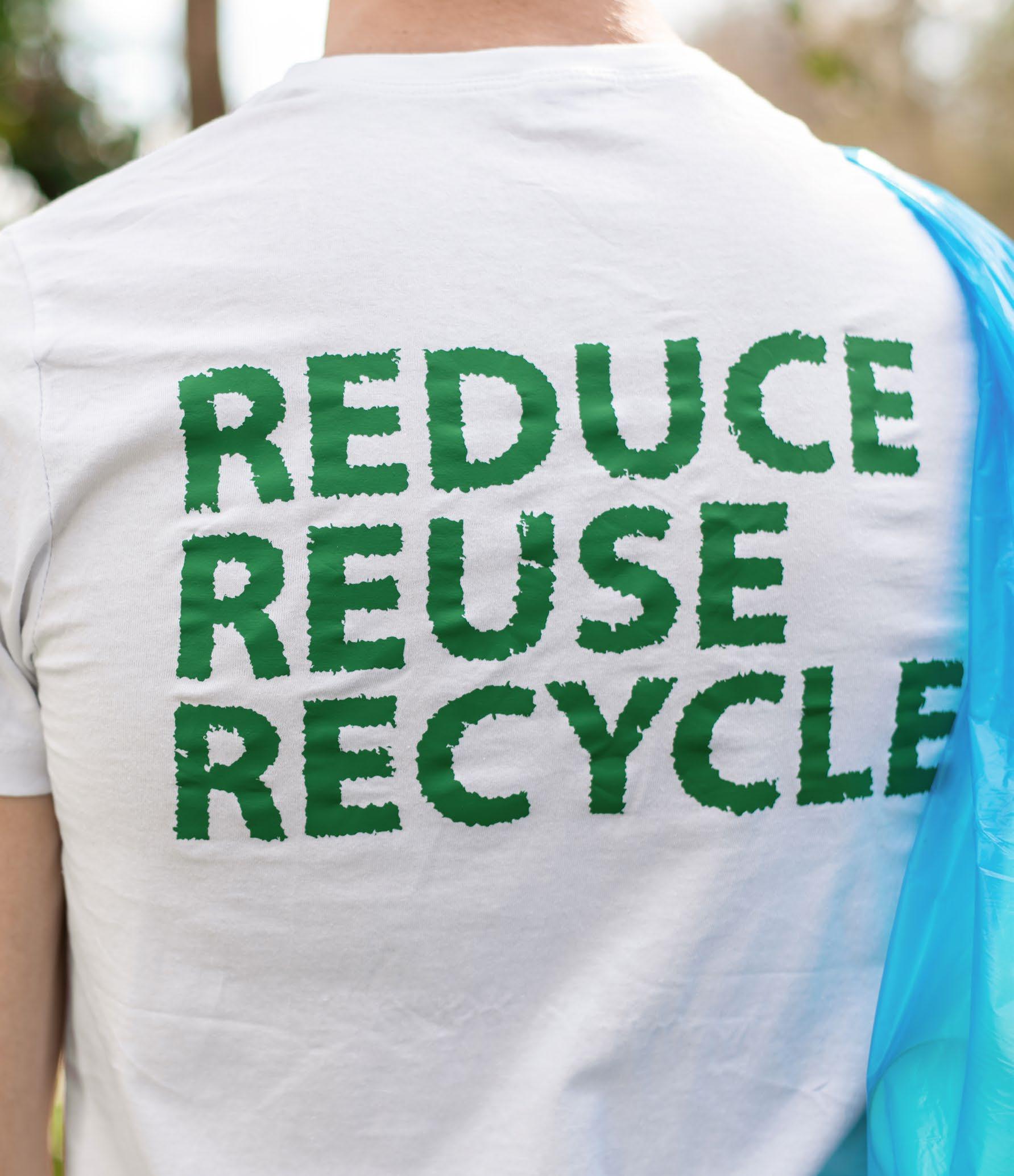


On the way to a sustainable future

Through high wearing comfort and quality, we want you to enjoy our clothes for a long time. HMZ is committed to a cleaner, fairer and innovative future. Our priority is to maintain responsible and safe working conditions, while adhering to applicable environmental standards. We only work with factories and partners that share our values of a humane and safe workplace.
We care about sustainability and we have taken many steps to improve the environment. We know we still have a long way to go, but we are determined to increase our sustainability efforts. Therefore, we have implemented an international code of conduct and Fair Trade rules that all our partners throughout the production chain must comply with.
The Choice contains only green brands. Most items in our assortment from our brands Lemon & Soda, Private Label by Lemon & Soda, Gildan, Stedman and Next Level Apparel are produced according to Oeko-Tex standards and the requirements of the ILO Convention.
HMZ Fashiongroup B.V.
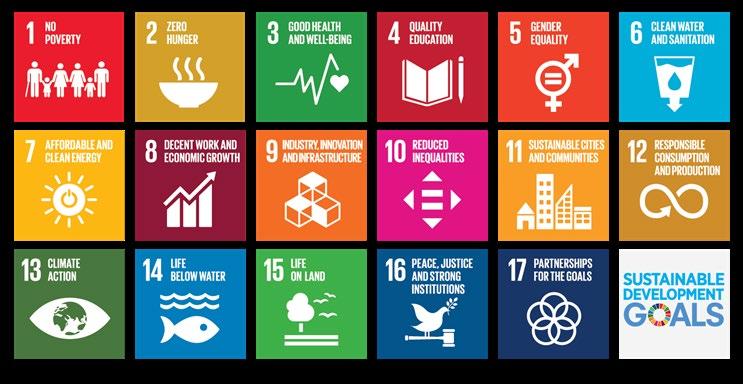
In 2015, all 193 member states of the United Nations (UN) adopted the Sustainable Development Goals (SDGs). These are 17 goals to achieve a sustainable world for everyone by 2030. No more poverty, inequality, injustice and climate change. The goals apply to all countries and all people.
HMZ naturally supports the 17 goals adopted by the United Nations. From offering fair and high-quality products to supporting responsible production processes. Together with our partners and customers, we are committed to fair labour, less waste and a sustainable future for people and the environment.
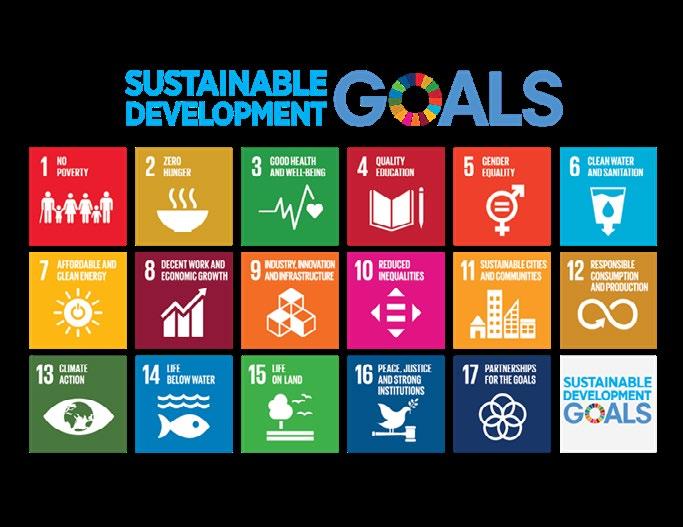
4. Good quality education
In 2007, HMZ set up the Back to School project in collaboration with a manufacturer. Children in Bangladesh are given the opportunity to receive a good education.
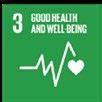
8. Decent jobs, sustainable economic growth and fair distribution of wealth
In 2007, HMZ set up the Back to School project in collaboration with a manufacturer. Children in Bangladesh are given the opportunity to receive a good education.
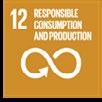
12. Responsible consumption and production
HMZ takes its role in this seriously and is affiliated with the Stichting UPV Textiel.

13. Combating climate change
HMZ is actively working to create a sustainable workplace. With solar panels on the roof, a lock door, charging stations at the door and waste separation, we are doing our best to create a better world.

17. Global cooperation to achieve the goals
HMZ is working with our suppliers, customers and other partners to build a fair and responsible clothing chain. By sharing knowledge and joining forces, we are increasing our impact and aiming to make a real difference.
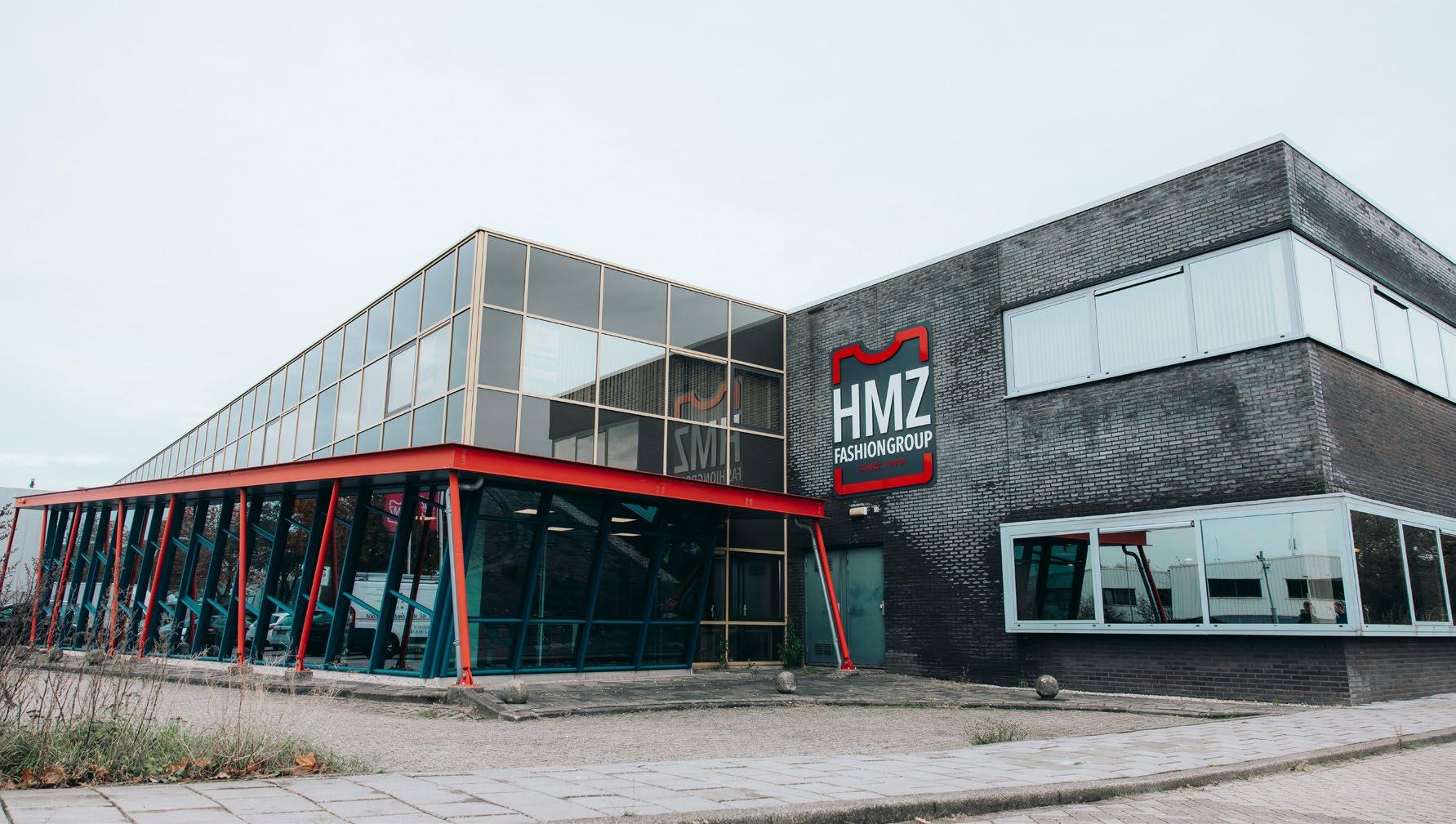
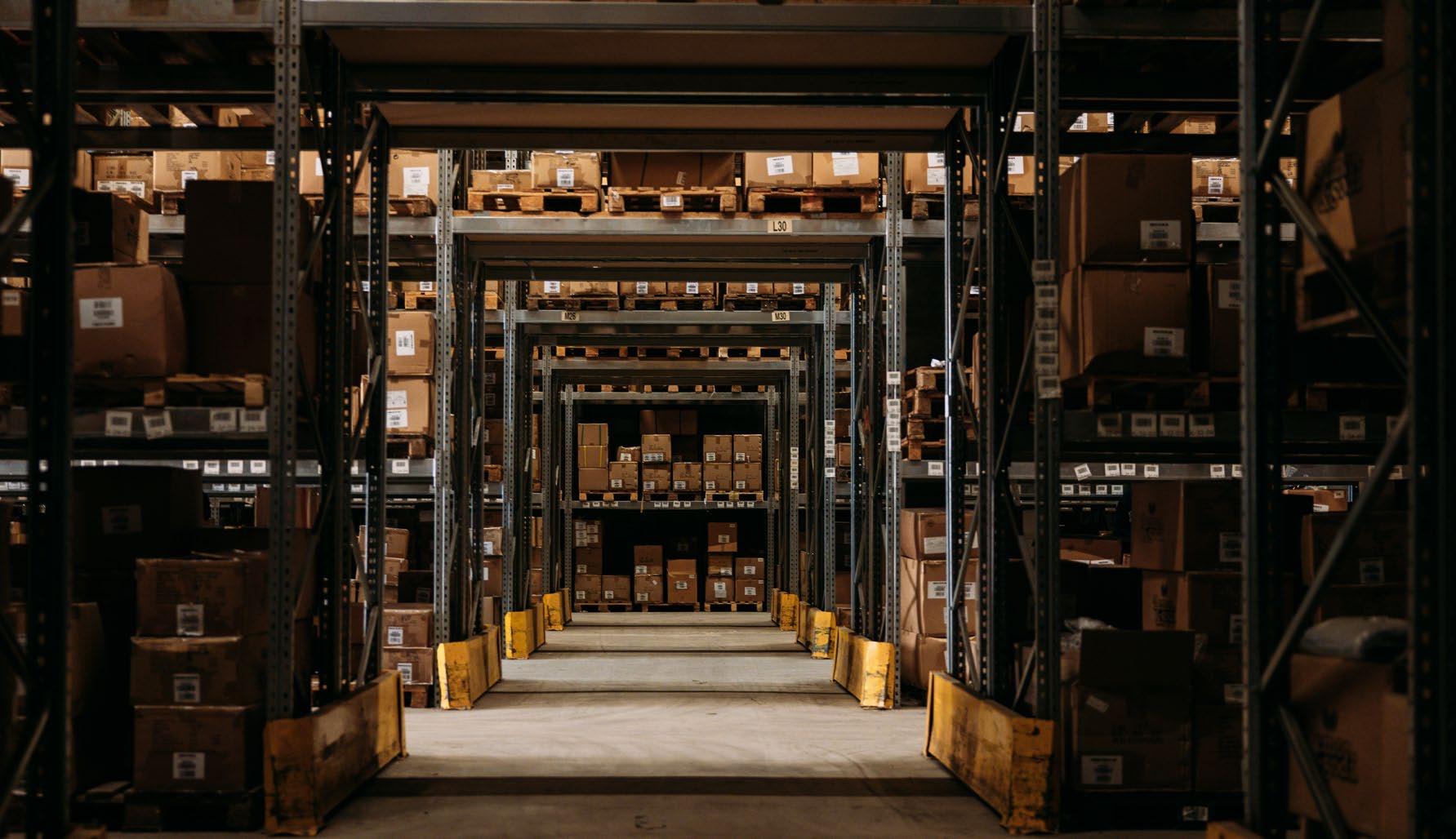
In the middle of the green heart of the randstad is the headquarters of HMZ Fashiongroup. Our central location between Amsterdam, The Hague and Utrecht makes us easily accessible for employees, visitors and parcel services.
HMZ is actively working to create a sustainable workplace. Both inside and outside the building we are taking small and bigger steps to be socially responsible.
As many as 86 solar panels ensure that we use green electricity. There are also other energy-efficient measures. All lighting throughout the building is LED and has motion sensors on it. Solar protection film on the windows should block heat in summer. A floodgate at the entrance keeps out both cold and heat.
There are charging stations in front of our office building for charging electric cars, and most of the lease cars owned by HMZ are also electric. Our carrier GLS also takes its responsibilities seriously. They use the method based on the Green House Gas Protocol and transport emissions are calculated according to the requirements of European standard EN 16258 for calculating and reporting greenhouse gas emissions from transport.
Throughout the building, both in the office and in the warehouse, we separate paper, plastic and residual waste. Anyway, we try to minimize paper use and digitize as much as possible.
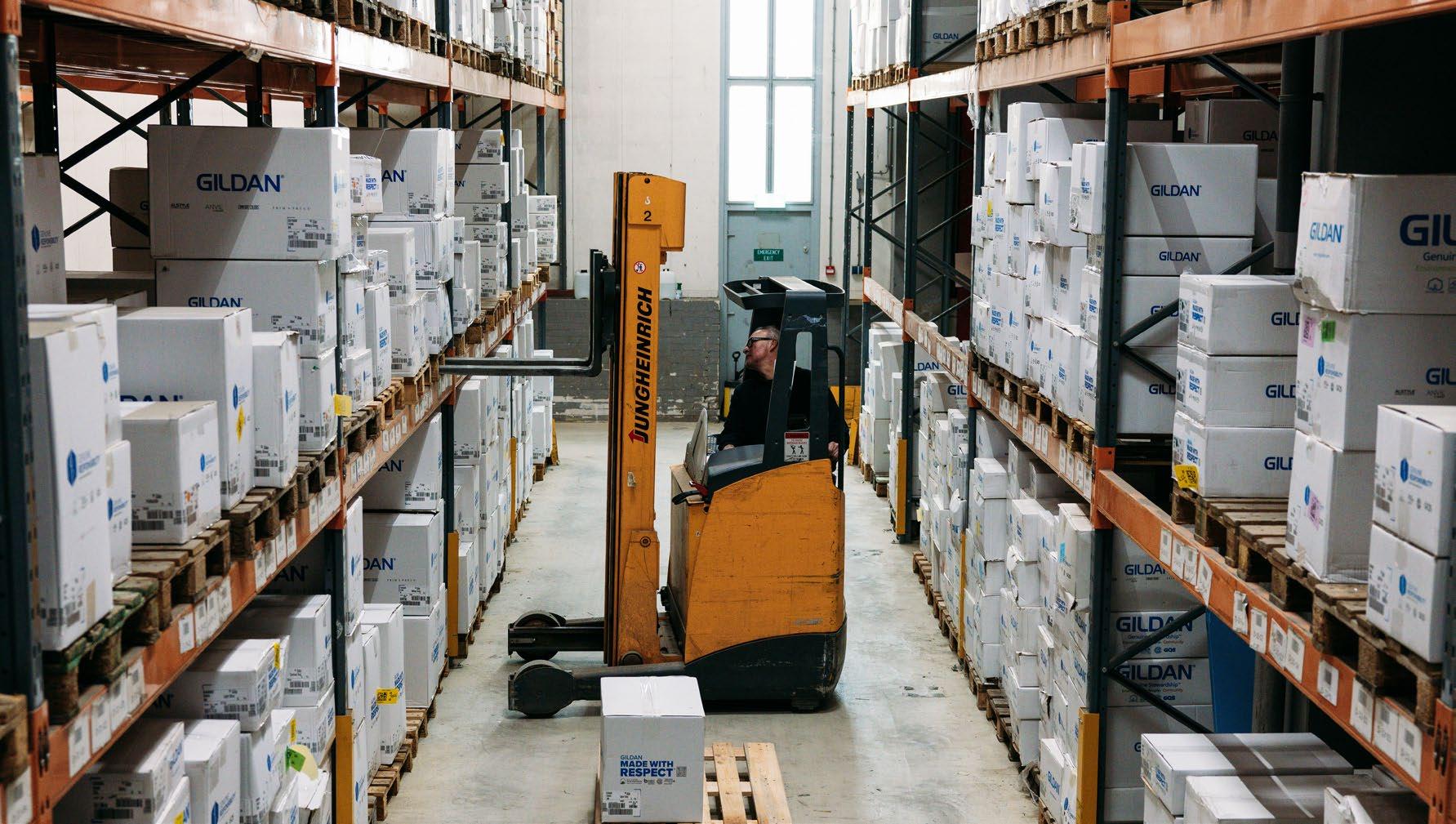
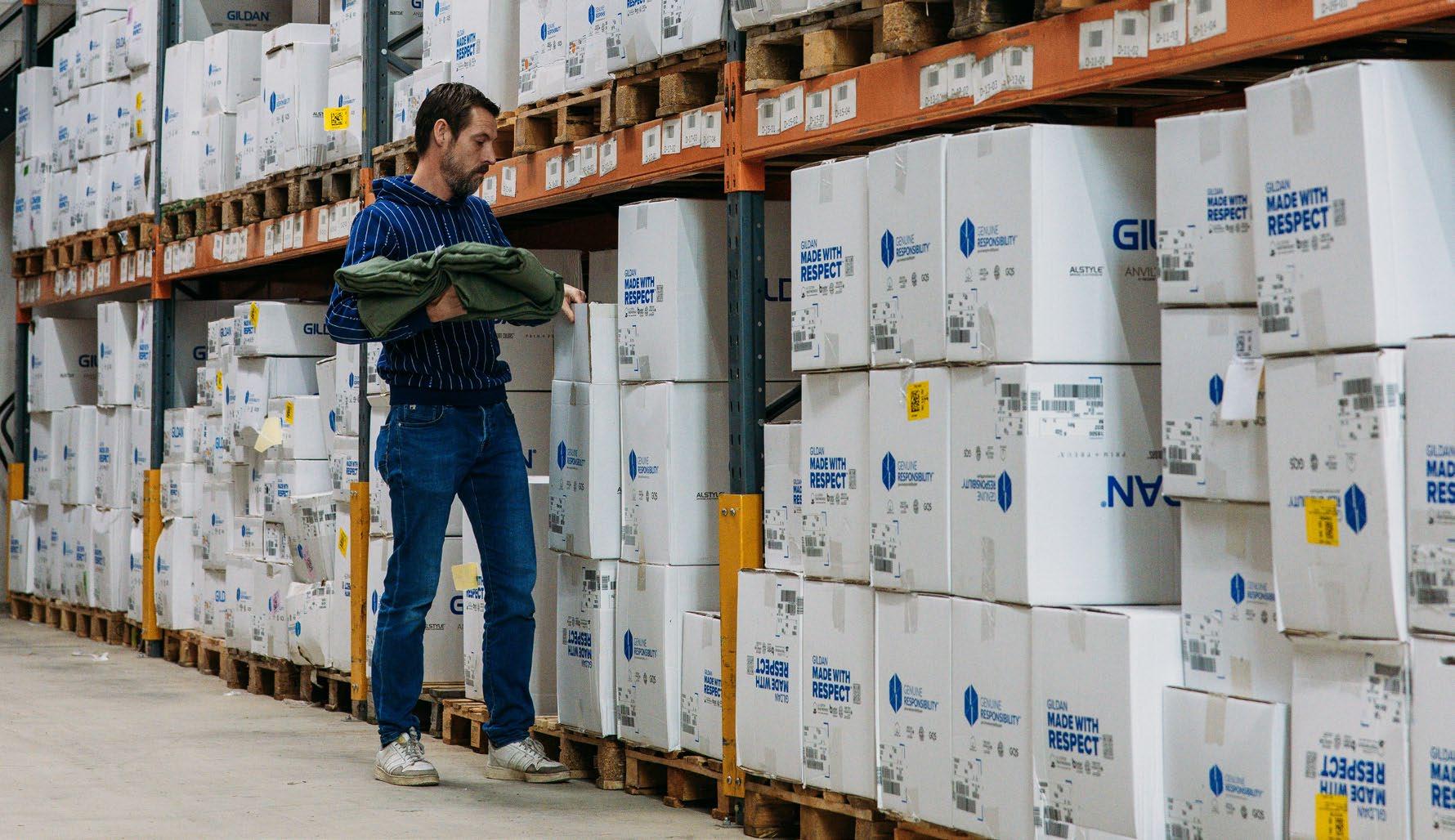
HMZ is a member of the collective bargaining agreement for wholesale textiles and related matters. It gives HMZ employees certainty about terms of employment, such as salary, working hours and vacations. Following the CLA contributes to a positive and sustainable working environment.
Workers’ rights for the Textile Wholesale Trade
• All work is voluntary. Work under threat is not permitted. This follows the guidelines of GOTS and SA8000 .
• Workers are at least 15 years old and have completed their compulsory education. Youth between the ages of 15 and 18 do not perform hazardous work.
• Every worker is treated equally regardless of race, gender, religion, political affiliation, union membership, nationality, background or disability. This applies in hiring, pay, training, promotion and firing.
• Employees may start or join a union and may bargain together. If this is legally difficult, we provide other free and independent means of enabling representation. This is done without discrimination or roadblocks.
• Workers receive at least the legal minimum wage plus a little extra for basic expenses. Punitive deductions from wages are not allowed, only when required by law and remain above the minimum wage. Employees receive a clear pay stub with all amounts and deductions.
• A work week is a maximum of 48 hours. Six days are always followed by a day off. Overtime is voluntary, maximum 12 hours per week, and is paid extra. It is not requested on a structural basis.
• We provide a safe and hygienic workplace.
• No physical violence or threats. Sexual harassment is prohibited. Employees may file complaints confidentially.
• Labor and social security laws always apply. Forms of agreement or internships should not undermine these rights.

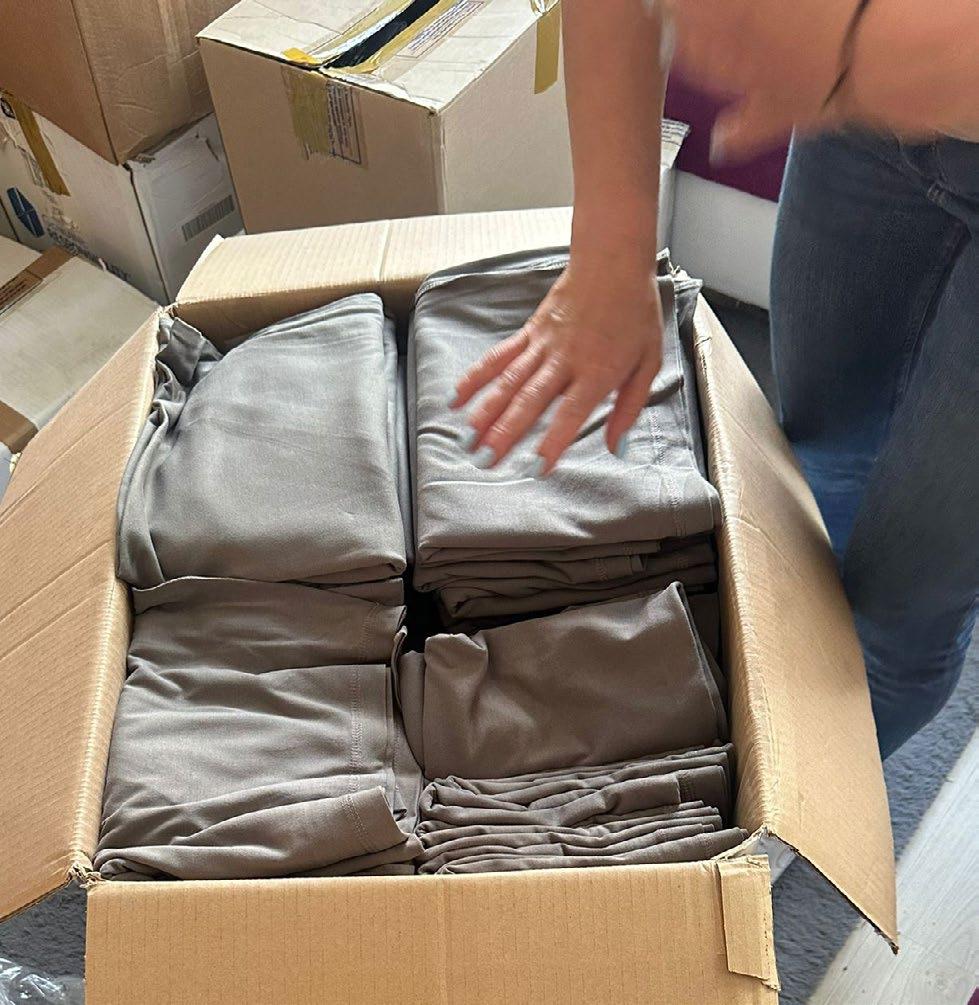
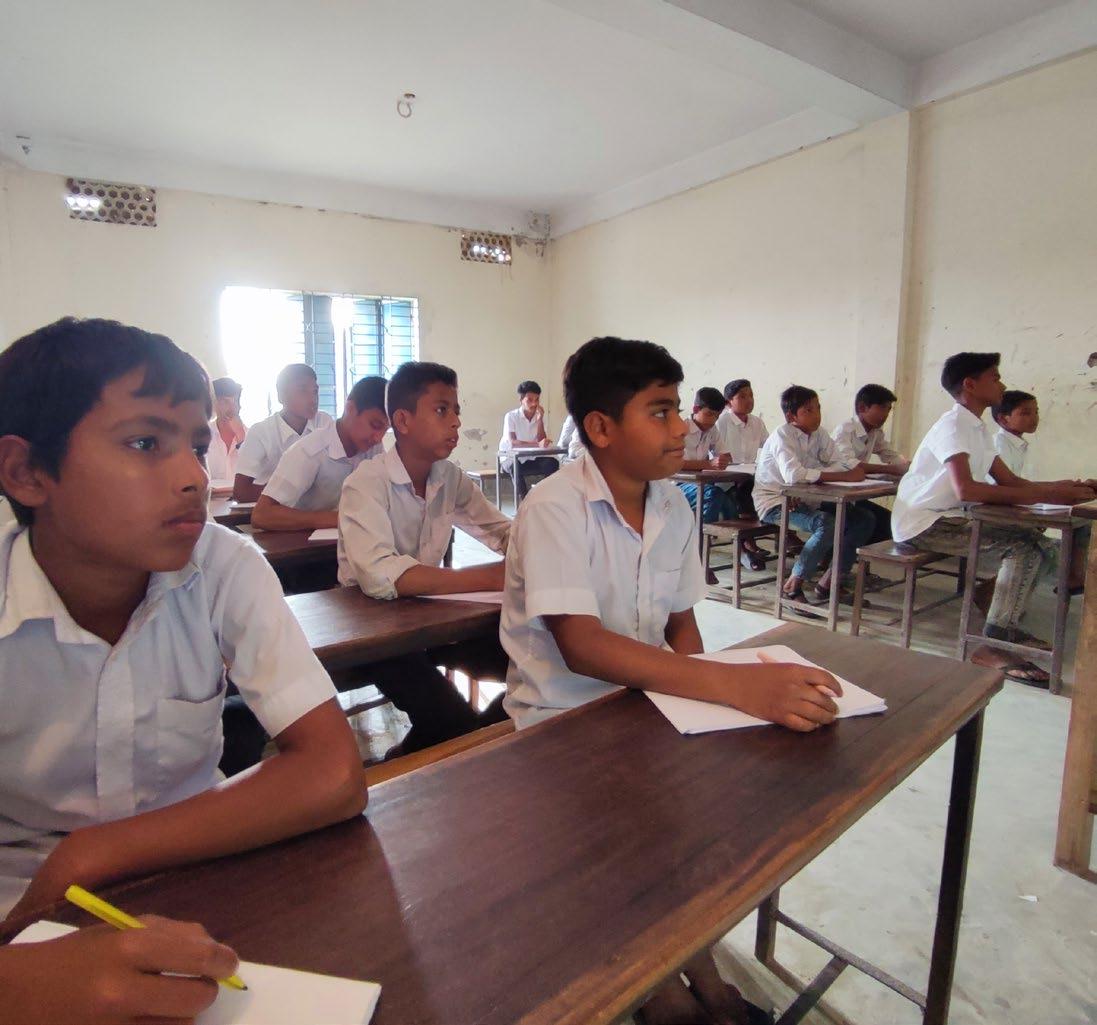
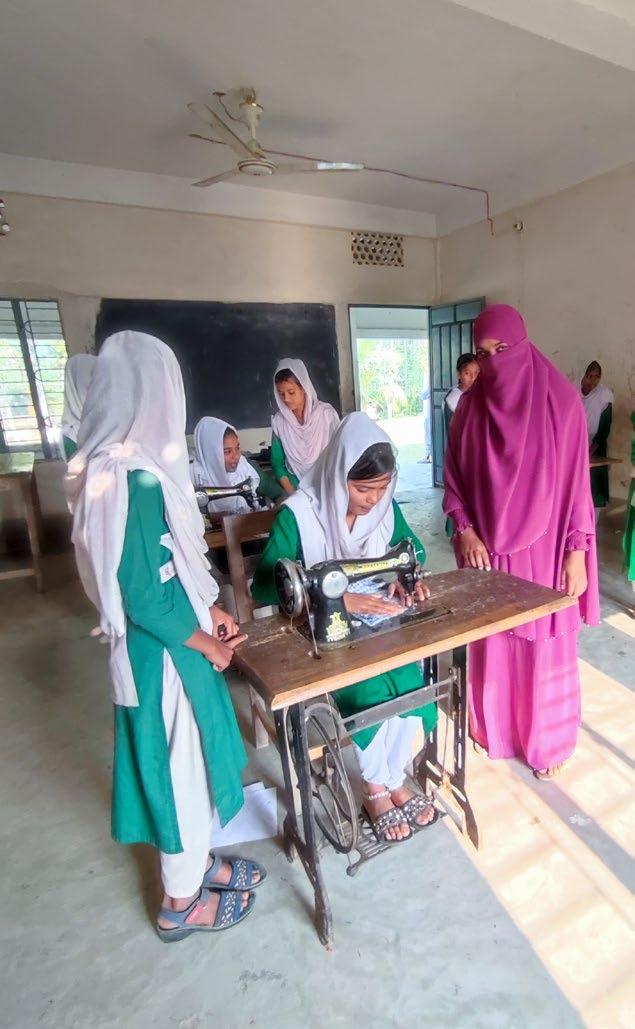
We go beyond standard certification and are committed to doing our part to make the social world a better place. HMZ provides targeted support through various assistance programs to people - young and old - who need it badly and is tailored to specific needs. A central tenet of all our projects is the promotion of self-reliance.
With clothing recycling, HMZ has a legal responsibility and obligations. We take our role in this seriously and are affiliated with the UPV Textile Foundation. Our bar is very high and we only ship out the highest quality. We donate rejected clothing from our warehouse to Zending over Borders and the Volyaukraine Foundation, among others. With a small gesture for us, we can really make a difference in the lives of people in the poorest countries of Eastern Europe.
In Bangladesh, children can get an education at very low cost or even for free. Yet there are families who do not take the opportunity for education, they let children leave school to work in the household or in the fields. HMZ partnered with a manufacturer to establish the Back to School project in 2007.
The first year of the Back to School Project began with 20 students and only two teachers. Unlike regular schools, there were incentives to attend school: free eggs and cookies and extracurricular activities to develop other social and cultural skills. They were also given soap and toothpaste for health and hygiene. The Back to School Project has seen tremendous development. Some grade 1 students who started the program 10 years ago are now studying at university. These original school leavers want to become doctors, engineers or ministers instead of working in the household or on the farm.
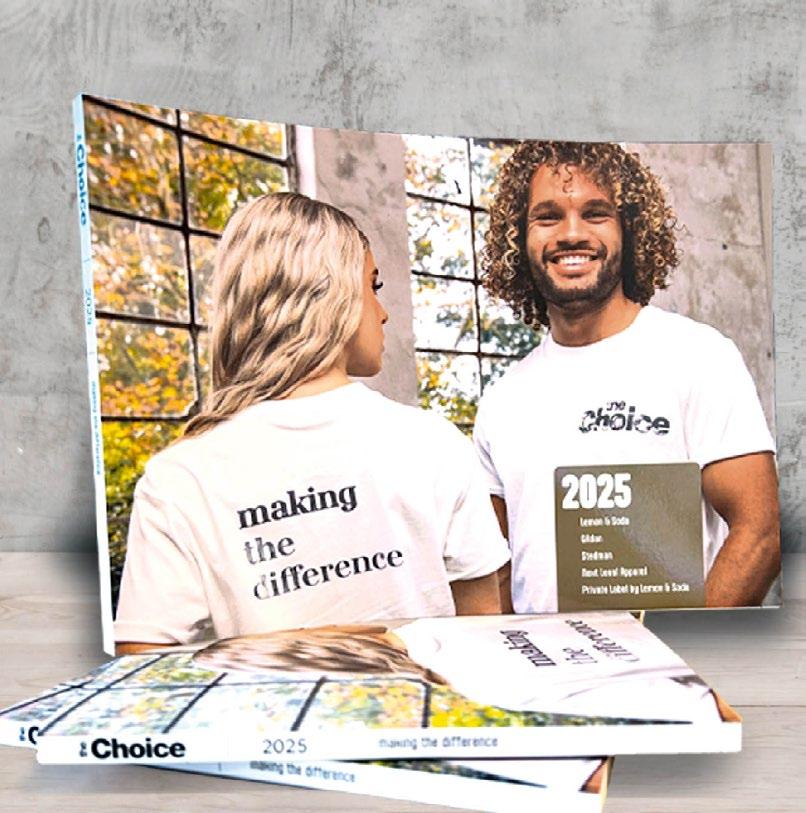

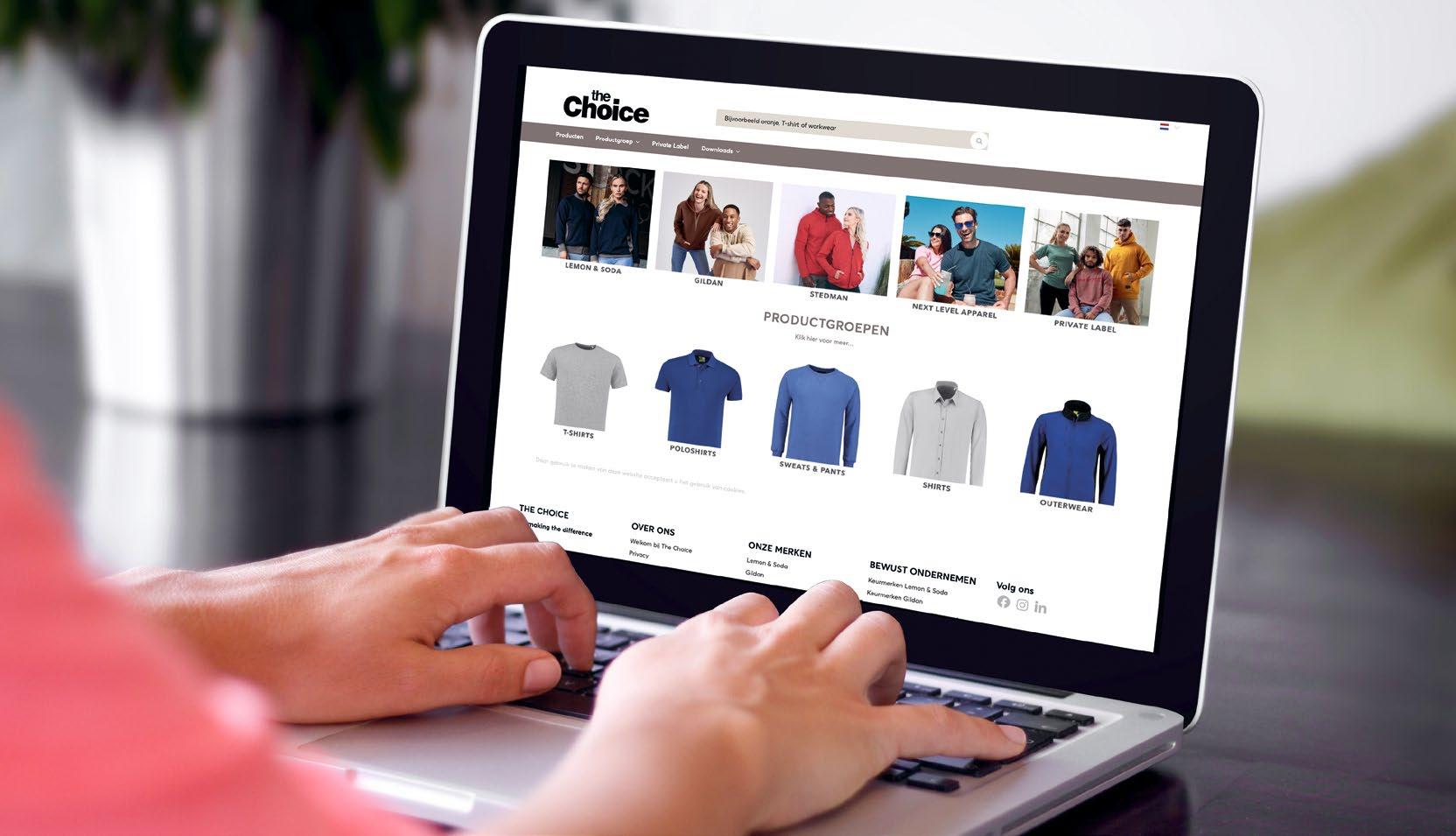
HMZ “The Choice” catalog has been a well-known and important player in the promotional market for many years. In the early years, our catalog was the main promotional item to be visible to our buyers. With the advent of the Internet, a lot has changed and with sustainability in mind, in the coming years we will be clearly visible online in addition to the catalog. We try to have The Choice’s catalog printed in a lower edition every year and it is printed on FSC-certified paper. This environmental certification fits with our philosophy of taking responsibility as a company for our role within society and the environment.
HMZ is a frequent supplier at trade fairs. We also take sustainability into account when setting up our trade fair equipment. We reuse cabinets, racks and other furnishings. We also distribute promotional materials such as flyers, catalogs and business cards.
In addition to our webshop hmz.nl, we have three other thriving websites;
- lemon-soda.eu
- privatelabelconcept.nl
- promotionalbrands.eu
Promotional brands is a website from a sustainable thought, among other things; only prices are listed for the end user, so everyone can view this neutral website. It is actually an online brochure, so there is no unnecessary paper consumption.
All our current catalogs and flyers can also be found online as browsing catalogs.


HMZ produces and distributes its own brands Lemon & Soda and Private Label Concept at the lowest possible cost, while considering sustainability and inclusiveness for people and clothing. We strive for the optimal control of all business processes. This allows us to enable financially healthy production and distribution of clothing in the short and long term, in which humanity is central.
Lemon & Soda T-shirts and polo shirts are produced in factories in the Far East. These manufacturers show time and again that they have their affairs in order in terms of working conditions, safety and quality standards. They are audited annually on various points by various certification organizations that then issue certificates to the manufacturers.
All sweaters from Lemon & Soda are produced in Portugal. Since Portugal is a member of the EU, there are still a lot of sustainable and ethical rules to comply with as an EU country and therefore a lot of rules, laws and standard are already framed.
The main advantages of producing in Europe::
1. The EU has strict environmental rules and standards for textile production, including restrictions on the use of harmful chemicals. There is also a focus on designing products that last longer and are recyclable.
2. Fair working conditions, within the EU there are strict rules regarding working conditions
3. The EU invests in technologies and systems for collecting, sorting, reusing and recycling textile waste. Separate collection of textile waste is mandatory since 2025 in all EU member states.
4. Production closer to home (within Europe) means shorter transport distances. This leads to a lower carbon footprint through reduced emissions from ships, trucks and planes.
5. The focus on sustainability and circularity stimulates the development of expertise and innovation within the EU, which can keep the textile industry competitive at global level.
Textile production in the EU contributes to a more responsible and sustainable industry, both environmentally and socially, and supports the transition to a circular economy.



Gildan has a comprehensive environmental, social and governance (ESG) report and provides an overview of how their vision of Making Apparel Better® is delivering on. It includes detailed information on operations and performance from Jan. 1, 2024 to Dec. 31, 2024, unless otherwise indicated.
Gildan has called their own strategy Next Generation ESG strategy, which was announced in 2022. It forms the basis of their commitment to make meaningful progress in key ESG areas by 2030. With ten objectives, the strategy provides strategic alignment and governance for key ESG issues across the organization.
Stedman actively seeks opportunities to improve the quality of life in our communities and enhance the environment that sustains us all. They recognize the need to conduct business in a manner that protects and enhances the environment for future generations. They strive to meet or exceed applicable environmental laws and regulations and to continually improve our environmental performance through resource conservation, waste minimization, efficient use of water and energy, and effective use of raw materials.
Stedman’s Global Code of Conduct represents their commitment to comply with all applicable laws and regulations wherever we do business. It contains the ethical guidelines and expectations for conducting business on behalf of Stedman. It applies to all Stedman employees, regardless of position. Suppliers, consultants and temporary agency employees may act as an extension of Stedman.
The team at Next Level Apparel is driven by a purposeful, conscious lifestyle. It is crucial that our processes are as ethical and environmentally friendly as possible, so that you feel good when you wear our clothing.
Next Level Apparel offers several eco-friendly products and styles, but the commitment to the environment does not end there. Manufacturing waste initiatives reduce textile waste by more than 2 million pounds per year, and millions of plastic bottles have been recycled since the launch of our Sustainable Collection.
NLA works with suppliers who share the same high ethical standards, put workers’ rights first by ensuring good working conditions in factories worldwide, and manage and implement our workplace code of conduct throughout our global supply chain.
HMZ considers it important that our brands meet high quality standards and laws and regulations. Certification increases the trust of clients and customers, strengthens our market position and stimulates a continuous focus on improvement and professionalization within our organization.
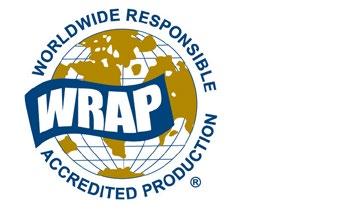
WRAP (Worldwide Responsible Accredited Production) promotes safe, lawful, humane and ethical practices in production facilities that benefit workers, manufacturers, buyers and consumers through socially responsible supply chains around the world. Oversight is conducted by third parties, which promotes accountability, transparency and objectivity.
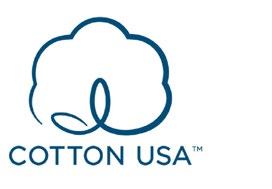
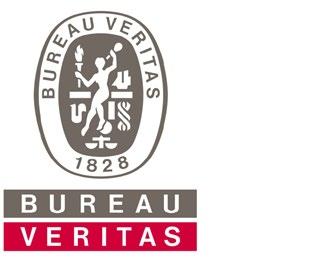
Bureau Veritas is a global B2B service provider. Their mission is to reduce clients’ risks, help improve performance and provide innovation support. They also facilitate clients to meet challenges related to quality, health, safety and welfare, environment and corporate social responsibility.

Global Organic Textile Standard (GOTS) is an international label that sets requirements for both the production of the fibers and their further processing into garments. At least 70 percent (Made with organic) or at least 95 percent (Organic) of the garment must consist of organically produced materials.

Cotton USA is a trademark of the Cotton Council International (CCI).
CCI is a non-profit trade organization that promotes American cotton fibers and cotton products worldwide. Gildan has a Cotton USA license, most items are of Ameriak grown cotton and contain more than 50% cotton.
Exchange (Sedex) is a global platform that helps companies manage and improve ethical and responsible business practices within their supply chains. Sedex enables companies to share and evaluate data on working conditions, health and safety, environment and business ethics.

Stedman’s ecological styles with this label are made from 100% OCS-certified ring-spun organic cotton. No toxic pesticides and fertilizers were used in the cultivation of the eco-friendly cotton. This certificate was issued by Control Union Certifications (CU 819645).
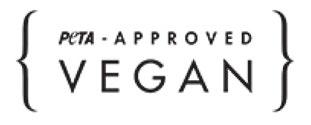
People for the Ethical Treatment of Animals (PETA) is the largest animal rights organization in the world. Apparel certified by PETA does not contain animal ingredients such as leather, fur, wool, silk, feathers and it is produced animal-free.
The OEKO-TEX® STANDARD 100 is an internationally recognized certification and the most important health mark for textiles. The articles and materials, such as yarn and buttons, are tested for harmful substances and meet the comprehensive safety and quality standards and are therefore not harmful to health.

The Fair Wear Foundation was created to improve working conditions in the garment industry. This clothing industry code of conduct was developed in collaboration with industry associations, trade unions and civil society organizations. It is an independent, non-profit organization in which clothing brands, factories and their workers work together. It is qualified as a chain initiative under the sustainable procurement policy.
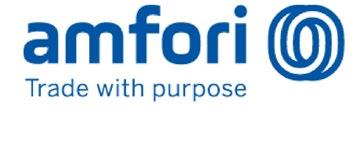
Amfori BSCI is an international association that unites international companies and supports members to improve working conditions in their supply chains. They do this through tools, training, audits and risk assessments, and by encouraging members to work together to address common challenges.

The Sustainable Apparel Coalition (SAC) is a global nonprofit organization in the apparel, footwear and textile sectors. The SAC brings together different parties such as brands, stores, factories, charities, scientists and industry associations. Together they want to combat climate change, ensure good working conditions and contribute to a future where nature is protected.
